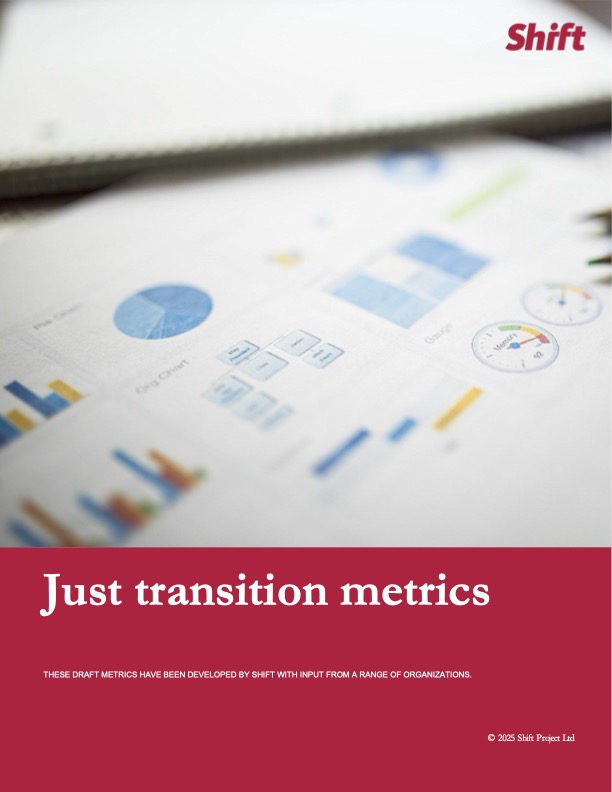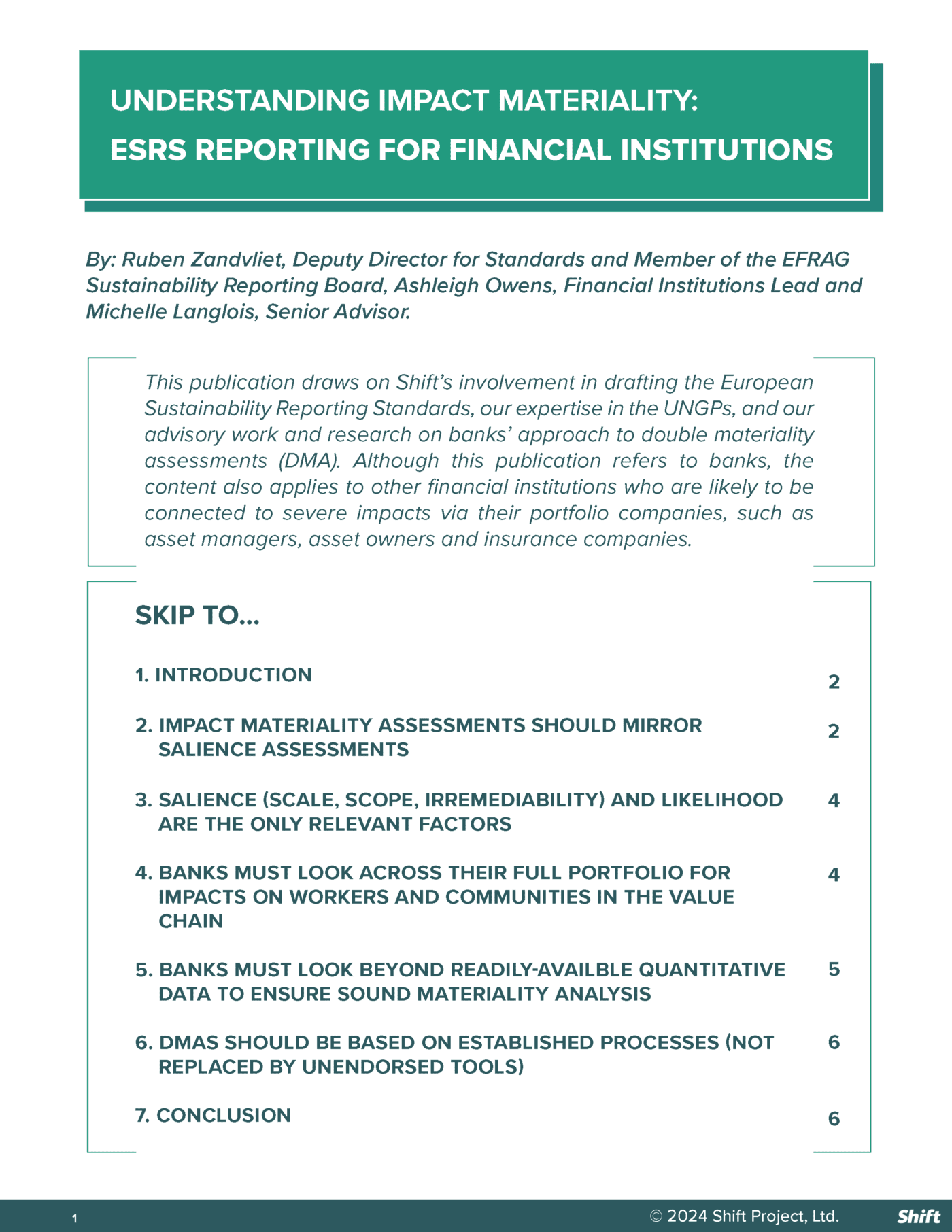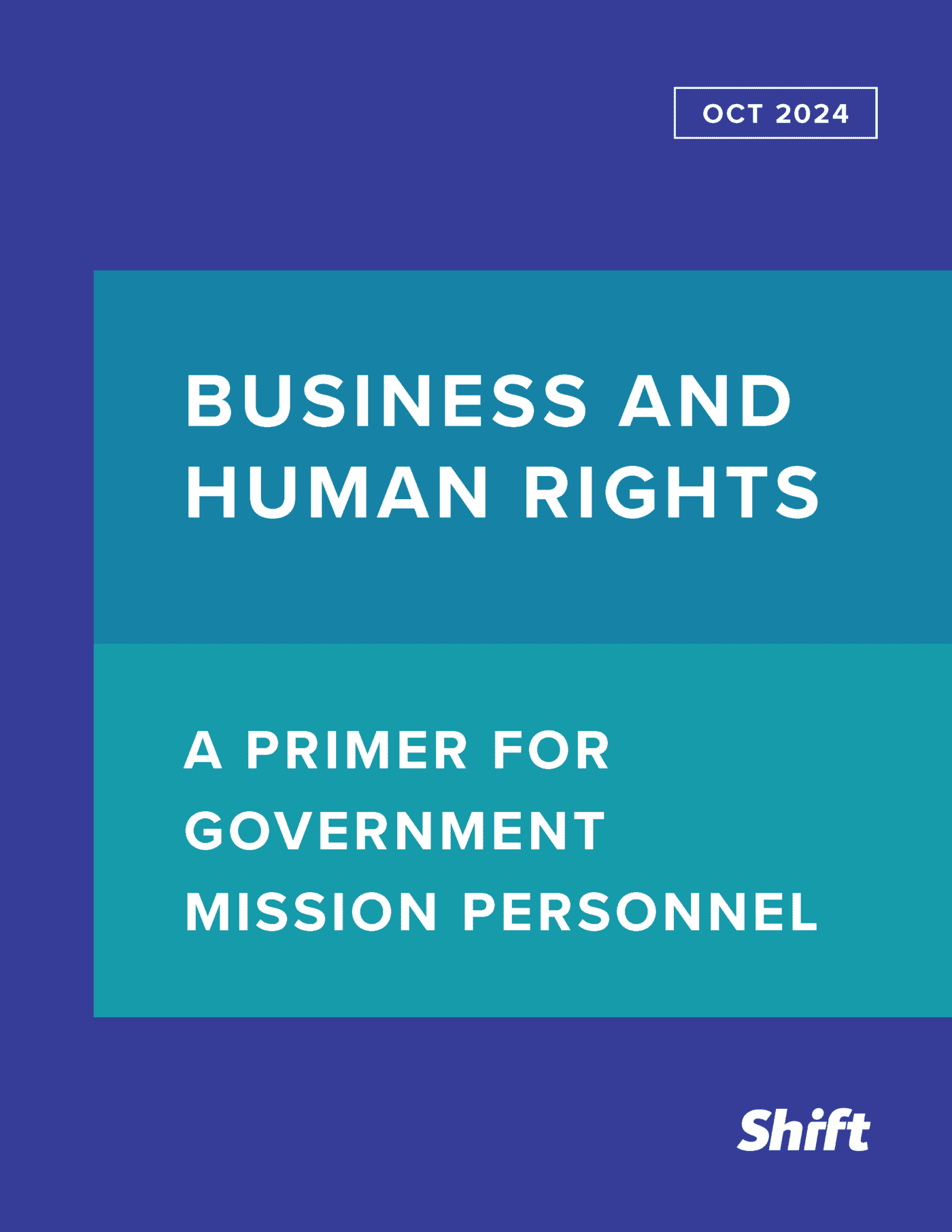by David W. Rivkin, President IBA
Also see: News announcement of publication of IBA Practical Guide | Practical Guide in our resource library
New! On November 1, 2016, the IBA published a reference annex to the Practical Guide for business lawyers.
On May 28, 2016, the International Bar Association (IBA) adopted the IBA Practical Guide on Business and Human Rights for Business Lawyers. The Practical Guide is the product of extensive research; its insights are founded on consultations with lawyers across practices and bar associations spanning the globe. As IBA President, it has been my distinct privilege to support John Sherman and his dedicated IBA Working Group in their tireless efforts.
I firmly believe that the Practical Guide marks a watershed in the disciplines of human rights and corporate law – disciplines we now recognize as related and interwoven.
In the Practical Guide, we sought to, “enable lawyers around the world to understand how best they can serve their clients,” at a time when successful businesses must navigate a multitude of risks grounded not only in government regulations, statutes and judicial decisions, but also in ethics, public expectations and international norms. Faced with this rapidly evolving business environment, it seemed only natural that the role of lawyers should evolve accordingly.
We cannot now – if we ever could – conceive of our role exclusively as technical specialists in black-letter law. Rather, our clients need us to be wise counselors, who integrate legal, ethical and business concerns in all our advice.
The Practical Guide considers this evolution in terms that are clear and reasonable. The widespread endorsement of the UN Guiding Principles on Business and Human Rights has practical implications for business lawyers across disciplines. These implications are neither revolutionary nor vague. Corporate governance may include systems to manage human rights risks; non-financial reporting may include disclosure on well such systems work; resolving disputes effectively may turn on non-judicial grievance mechanisms and a more holistic consideration of business interests; and, contracts may be drafted to bring precision and certainty throughout global value chains. The IBA will shortly publish a Reference Annex, also being prepared by the Working Group headed by John Sherman, which explores these and other implications of the Guiding Principles in more detail.
The overarching message for lawyers as business advisors is straightforward and powerful. We cannot now – if we ever could – conceive of our role exclusively as technical specialists in black-letter law. Rather, our clients need us to be wise counselors, who integrate legal, ethical and business concerns in all our advice. Embracing that role should not, of course, come at the expense of our entrenched and unique professional obligations to our clients. But we serve our clients best by ensuring that we are able to advise them on what is legal and what is right.
The Practical Guide also sheds light on the responsibilities of law firms as business enterprises in their own right. The issue is complex. While the Practical Guide emphasizes the importance of clients’ right to counsel and the independence of lawyers, it also properly speaks about law firms’ responsibility to consider the Guiding Principles in their own operations and value chains. Integrating respect for human rights across legal advice and law firm operations – all the while balancing our professional ethical obligations – will take time and effort. The Practical Guide marks the crucial first step of the journey.
I hope and expect that the Practical Guide will serve as a beacon for lawyers across disciplines and across the world. I, for one, am committed to building on its lessons at the IBA and integrating them in my practice. At Debevoise & Plimpton, we have already begun to implement the Practical Guide with the launch of a dedicated Business Integrity Group, which integrates human rights, environmental and anti-corruption advice across our practice areas. I have been delighted by our clients’ enthusiastic response to this effort to reduce the legal and financial risk that arises from the leading integrity standards like the Guiding Principles, the US Foreign Corrupt Practices Act and the UK Modern Slavery Act.
As a practitioner and policy maker, I am very optimistic about the future of business and human rights as a legal discipline. It will not be long, I suspect, before all lawyers strive to be the wise counselor to our clients. Our profession will long be indebted to the Practical Guide as we forge ahead to become more than technical specialists and endeavor always to be guardians of our clients’ integrity.
David W. Rivkin is President of the International Bar Association and Partner at Debevoise & Plimpton. | Read David’s full bio



